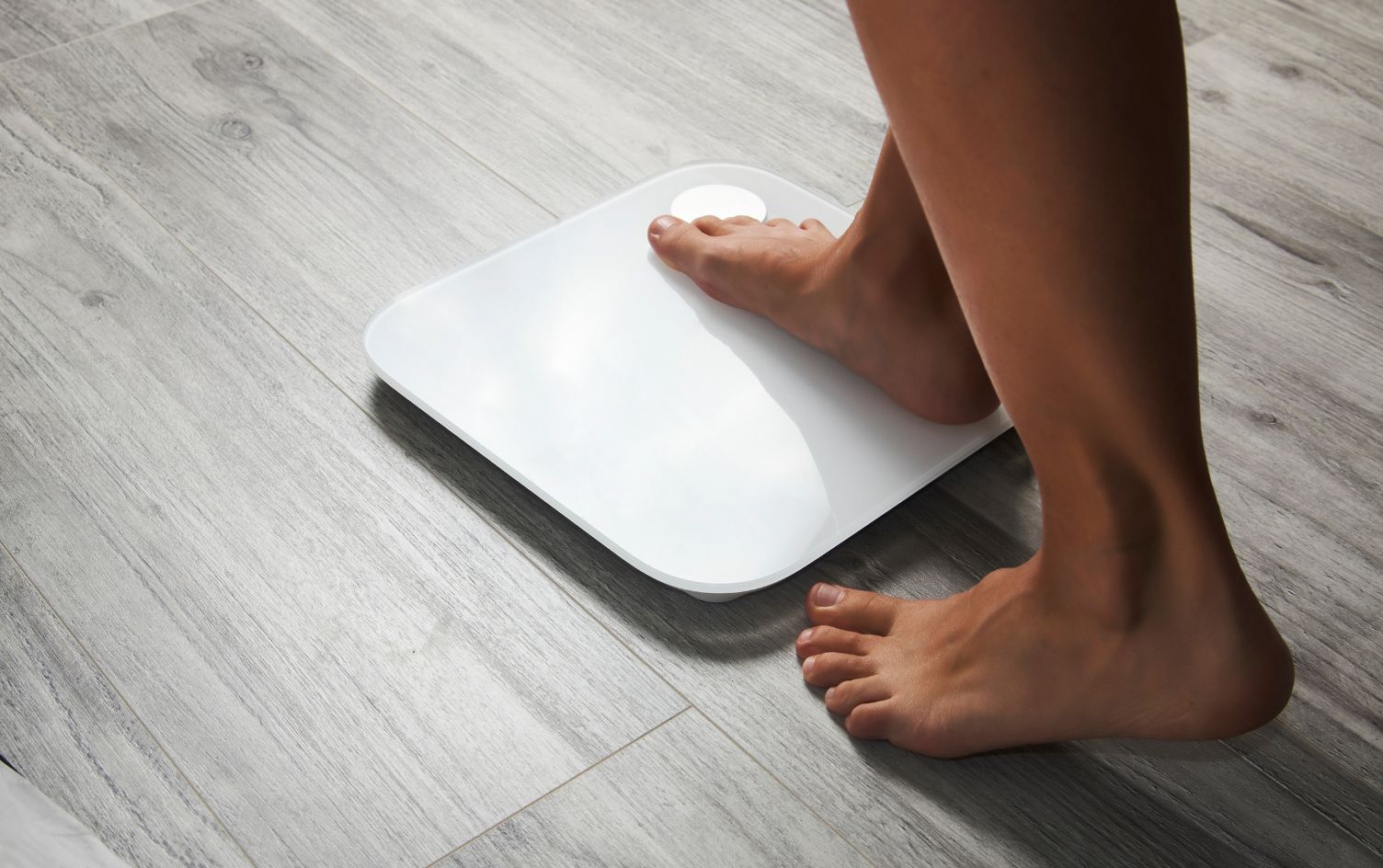Most people dread a weight-loss plateau, but when the scale won’t budge, you may actually want to celebrate. “It may be your new equilibrium,” says Tim Church, MD, MPH, professor of preventive medicine at Pennington Biomedical Research Center at Louisiana State University. Your body may be saying this is the weight it wants to naturally maintain, so stick to your healthy eating and fitness plan, and you’ll stay around this size.
But what if you want to lose five more pounds? Here’s how to tell if your weight-loss plateau is really a plateau and if you should keep pushing to lose more.
IS IT A WEIGHT-LOSS PLATEAU?
Typically when you lose weight, you lose more when you first start your plan and then less as you go along. You just can’t keep losing a pound (or more) a week when there’s less of you. But there’s an easy first check to tell if your weight is actually a plateau: Log your food. If you discover you haven’t followed your eating and/or fitness plan, that could be the reason for your plateau.
Then consider your plan. “If you constantly find yourself at a plateau and your weight-loss desires are realistic but you just can’t stick to the plan you are trying, examine what impact this diet is having on your life,” says Abby Langer, RD, owner of Abby Langer Nutrition. “If you are not happy and you miss out on things you really enjoy, it’s never going to work for you, and it’s not worth it.”
If you are cool with the plan and just need to get back on the wagon, do it. Ask a friend to keep you accountable, if that helps. Also consider how long it’s been. “Your body may take 2–4 weeks to reset your metabolism, and then you may continue to lose weight,” Langer says. So don’t give up or drastically change your plan immediately.
No matter how long it’s been, if your food and exercise are on track, consider your goals. If you want to lose 30 pounds but the last time you weighed that much, you idolized Hanson, that likely isn’t a realistic goal weight. “Your body has a set point, and it’s really hard to move that set point,” Langer says. “You may have to be OK with the weight where you are at. If you try move beyond it, your body will really fight you. It’s not worth it.”
SET POINT THEORY
Your set point is basically the weight your body prefers to be at. “You weigh what you eat,” Church says. When you eat the same amount of calories, your body tends to weigh about the same. A good example of this is if you go on a week-long vacation and eat more than usual and also move less. You may gain a little by the end of your trip, but once you are home and return to your regularly scheduled program, your weight also returns to its status quo.
It appears you can lower your set point. If you cut back on calories and exercise more — and do both in a healthy manner rather than a crash diet or over-exercising — you may adjust to a lower set point. But it’s best to lose no more than 10% of your body weight at a time, otherwise it’s much harder to maintain that loss.
HOW TO EMBRACE A NEW SET POINT
If you realize your plateau is actually a new set point, “that’s awesome.” Church says. “To restrict more would likely be uncomfortable” and you’d probably have to exercise a lot more to drop any more pounds.
“Life is short and it’s meant to be enjoyed,” Langer adds. “It’s not worth the cost emotionally, mentally, physically and financially trying to be some arbitrary weight. I’m a strong believer that when most people eat healthily most of the time and move their body, their weight will land where it’s meant to land. Accepting that weight and moving on with your life can be the healthiest thing you do.”




